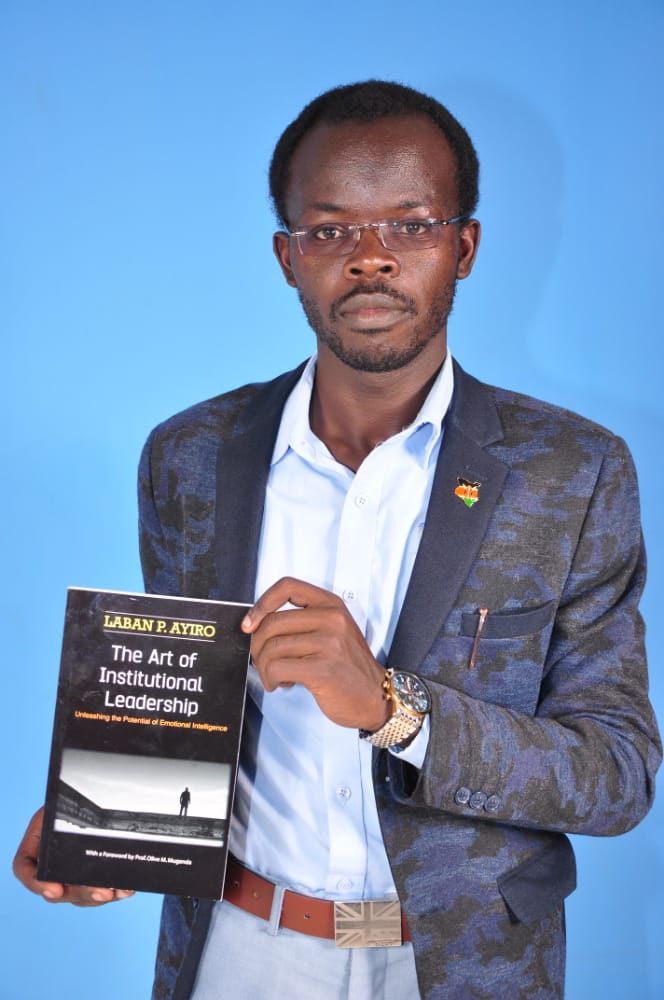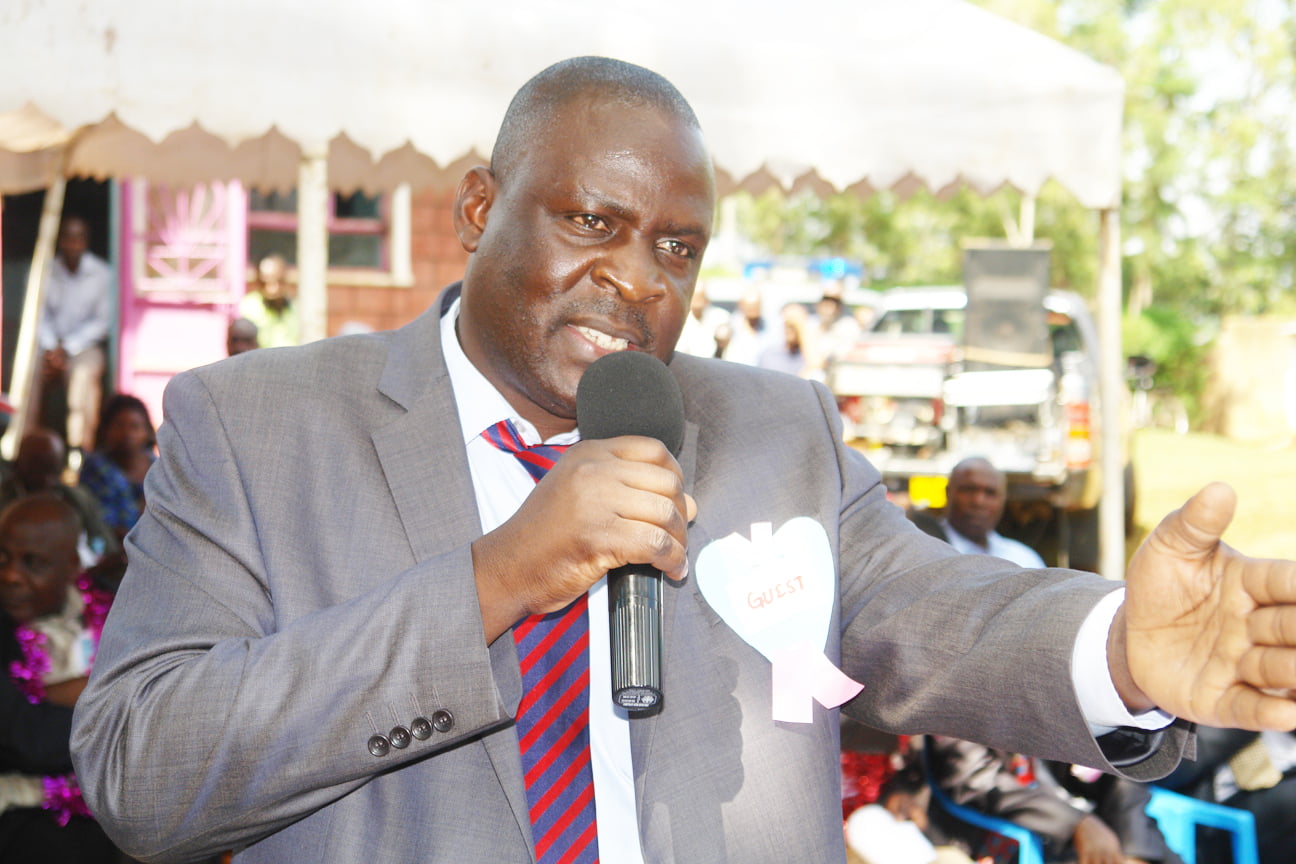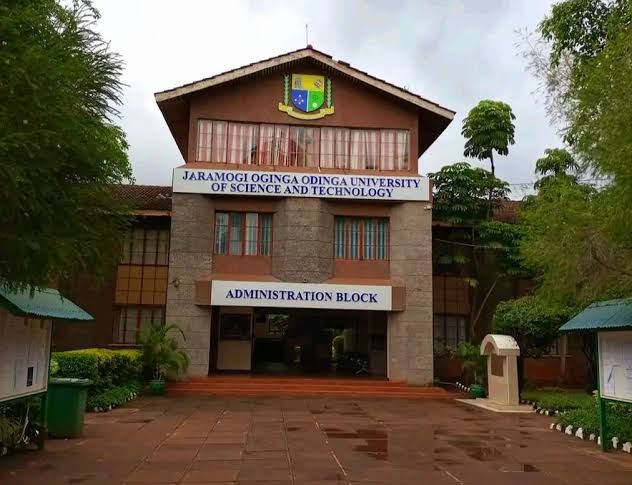By Victor Ochieng’
vochieng.90@gmail.com.
Ogutu M.A., the Chief Principal Sawagongo High School in Gem, Siaya County, has written a book on proper school management. Written while he was Principal at Kisii School, it seeks to break down the complexities of running a school into simple easy to follow principles. Aptly titled The Art of School Management, it talks about his experiences spanning over twenty years in school headship, including stints at Maranda, Chulaimbo, Ramba, Agoro Sare and Kisii High schools.
In the introduction by Boaz Owino, Chief Principal Nyambaria School, admits that Ogutu M.A. is a remarkable but quiet school principal with deft management skills. No wonder, he posits, leadership begins in the classroom. Any teacher who yearns to climb the lofty ladder and become a leader must first of all strive to shine like a star in classroom.
The results of the school are in the staffroom. The teacher presents the curriculum to the learners, motivates and does more to a learner than a parent.
Ogutu is a shining example of a History and Government, and Christian Religious Education (C.R.E) teacher. In 1994, he was the best History teacher in Nyanza region. In 1995, 1998 and 2008; he was the best C.R.E teacher in the Nyanza region. In 2012, he was ranked as the best History and Government teacher in Homa Bay County, and position 31 in the whole country.
Therefore, he observes, the role of the principal in school management is crucial to the success of a school. A principal must be a good manager, planner and organiser. Through strategic thinking and vision, the principal influences the academic performance of a school, allocates resources, and directs and motivates the school staff. His actions must paint him as a leader.
Small things that principals say do matter to the three stones on the hearth of a school – teacher, student and parent. Principals are measured both in speech and tone. Principals must choose to remain objective as they are lead figures in the school’s academic journey. They are the first quality assurance officers when it comes to curriculum implementation.
The quality of a nation depends on the quality of its schools. The quality of schools depend on the principals and teachers. The destiny of the nation is designed in the classroom. A school is like a lens. If it is a good lens, it becomes crystal clear, and permits vivid projections of academic insights and ideals.
The quality of the school speaks without a tinge of accent about the character and conduct of the principal. The principal is the captain, who should steer the ship towards the stunning shores of success.
He goes on to say that the principal is the seal and the school is the wax. S.K. Kochar in 2004 concluded that schools are as good or bad, as healthy or unhealthy mentally, morally or physically, and as flourishing or perishing as the principal is capable, energetic, enthusiastic, and of high ideals.
He further clarifies three kinds of Principals: those who make things happen, those who watch things happen, and those who do not know what is happening.
The principal must motivate teachers because they are the most important components as far as the quality of education is concerned. The best curriculum and the most perfect syllabus remain dead unless given a kiss of life by teachers.
Therefore, staff welfare must be looked into. The principal should help teachers move from their comfort zones to capacity zones. How? Organise seminars and workshops to help teachers grow. It is the role of the principal to cure the ‘destination disease’ that commonly ails teachers. How? Challenge them to write books. Let them go for further studies because an empowered teacher is an effective teacher. Use verbal and written commendations to boost their morale.
Simple acts like availing newspapers, providing yummy meals, giving refreshments, and occasional trips and retreats work wonders. New teachers must be inducted properly. Teachers should be involved in decision making. The principal must ensure that the support staff have decent and elegant uniforms and proper tools of work. The BoM teachers, support staff and suppliers should get their dues without delay. Principals should avoid unnecessary hubris; overconfidence, arrogance and pride.
The principal must act as a school ‘plant manager’, which is the educational facilities that succour implementation of educational programmes. This will involve planning, provision, maintenance, and improvement of school resources. The school physical environment plays a pivotal role in teaching and learning activities.
To quell unrest and spate of strikes, the principal should take care of students’ welfare. How? By involving them in decision making. Encourage them to write anonymous letters clearly stating how they feel, just as they air their grievances without victimization during regular House and Class assemblies. It is advisable to use democracy and open-door policies to run the school.
Principals should have their eyes and ears on the ground. They should advise prefects to avoid high-handedness. They should also support a strong religious culture like chapel gatherings and weekend challenges, apart from establishing a strong guidance and counselling department. Student councils, peer counselling, subject coordination and career counseling are also strong tenets of a stable school. Principals should use the gift of the gab to simplify and demystify school policies.
Lastly, principals must mobilize resources in the most prudent way possible. Any school income in form of fees and government capitation must be put into proper use. It is right to involve the alumni in various school projects, and explore manifold income-generating activities.
The reviewer of the book rolls out talks and training services in schools.






